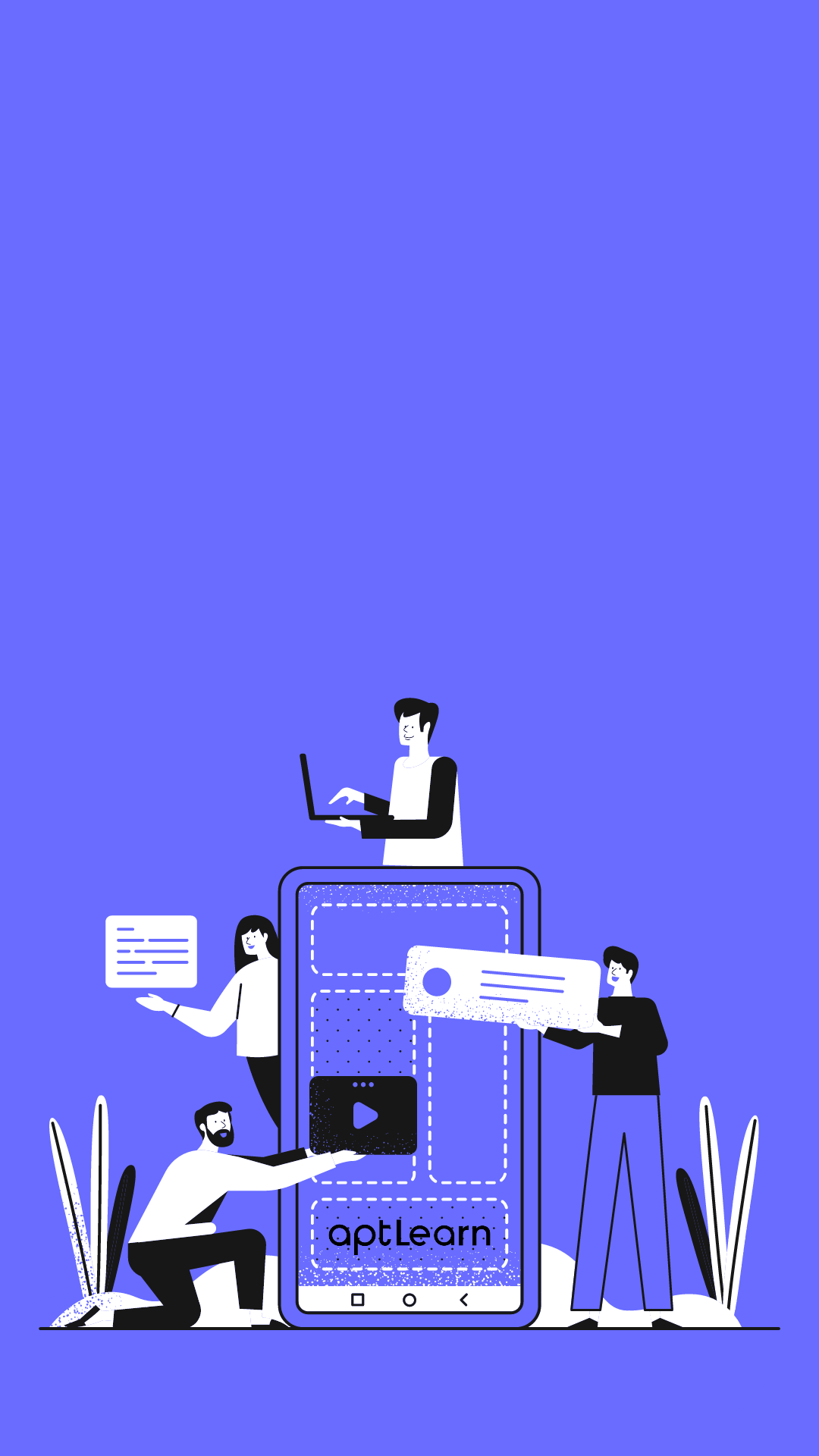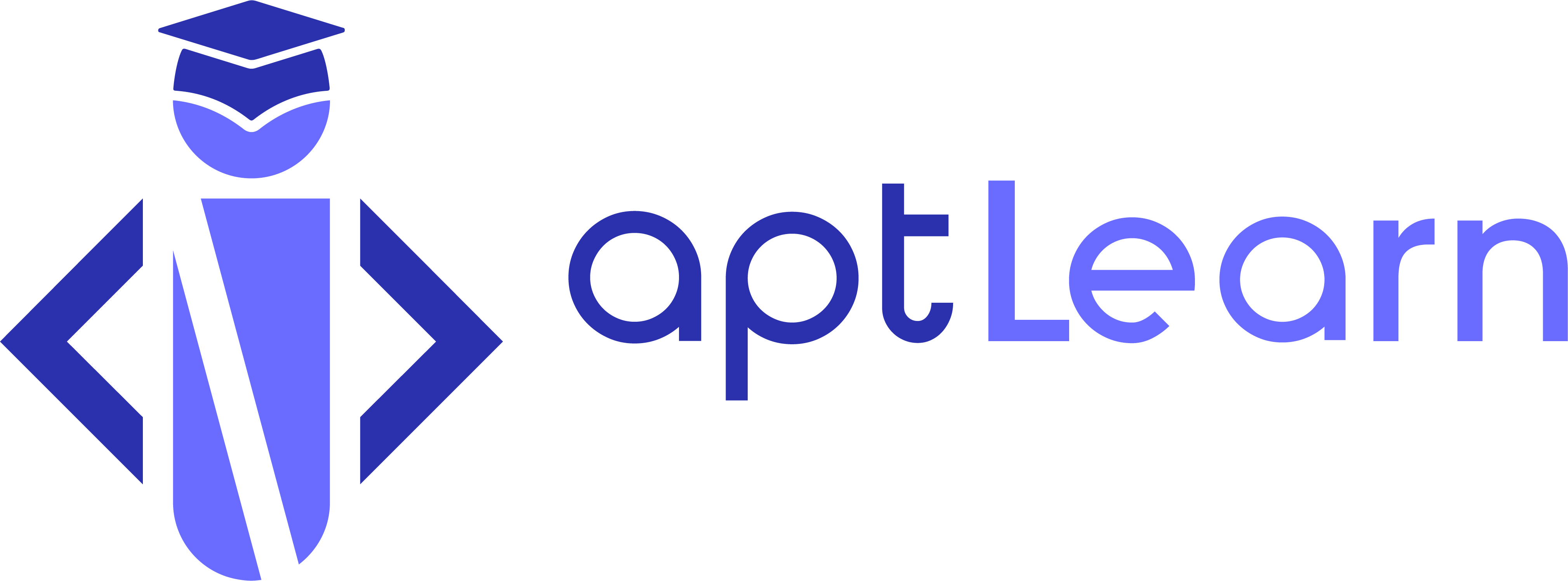Getting started
Here’s How To Get Started
Embarking on a tech journey as a beginner can feel like entering a maze, with countless career paths branching out before you. It’s natural to be bombarded with questions: Should you venture into web development or cybersecurity? Perhaps you’re intrigued by the strategic dynamics of product management or the analytical allure of data analysis. Or maybe, your calling lies in the creative world of technical writing or UI/UX Design.
The truth is, these answers won’t magically appear by endlessly scrolling through ‘tech Twitter’ or catching snippets of advice in passing conversations. Your initial steps into tech demand curiosity, patience, and deliberate exploration of the various career opportunities available. It’s perfectly normal to experiment with multiple niches before finding the one that resonates with your skills and passion—the one where you feel inspired to dedicate your time and energy.
The key is to embrace this discovery process with an open mind and a commitment to learning.



Thinking of a Job In Tech?
Keep in mind that transitioning into tech is a phased process that necessitates patience and an openness to learn and grow. The tech field isn’t limited to just developers, engineers, or data scientists – those coding and technical wizards. There is an expansive range of non-technical roles like marketing, product management, writing, and design that tech companies are seeking talented individuals for.
In this article, we will journey through some of the most in-demand roles in tech, exploring their key responsibilities and providing guidance on how to get started. We’ll categorize these various skills into two distinct paths, aiming to provide a comprehensive guide for your tech journey.
Technical Path
Non-Technical Path
Technical Path
Let’s look at the list from an engineering perspective.


Software Engineering
What does a Software Engineer do?
Why Software Engineering may be the right path for you?


Data Science
What does a Data Scientist do?
Why Data Science may be the right path for you?


Cloud Computing
What does a Cloud Professional do?
Why Cloud Computing may be the right path for you?


Cyber Security
What does a Cyber Security Administrator do?
Why Cyber Security may be the right path for you?
Non-Technical Path
Now let’s also look at the list from a non-engineering perspective.


UI/UX Design
What do UI/UX Designers do?
Why UI/UX Design may be the sublime path for you?


Project Management
What does a Project Manager do?
Why Project Management may be the sublime path for you?


Product Management
What does a Product Manager do?
Why Product Management may be the sublime path for you?


Technical Writing
What does a Technical Writer do?
Why Technical Writing may be the sublime path for you?


Customer Success Management
What does a Customer Success Manager do?
Why CSM may be the sublime path for you?


Product Marketing
What Do Product Marketers do?
Why Product Marketing may be the sublime path for you?
Digital Marketing
What do Digital Marketers do?
Why Digital Marketing may be the sublime path for you?
Conclusion
Final Words
Now that you’ve decided to get into tech, the next step is learning and mastering skills relevant to your chosen path.
Where do you get started?
aptLearn, an e-learning platform that trains over 50,000 students monthly from across the globe, offers a robust course library covering today’s most in-demand skills you need to compete in our fast-evolving tech ecosystem.
aptLearn recognises the myriad opportunities technology creates and is passionate about youths tapping into these opportunities. With aptLearn, you’ll have access to a wide range of fun, easy and engaging courses with video content and certification at a fraction of the cost, time and location.



